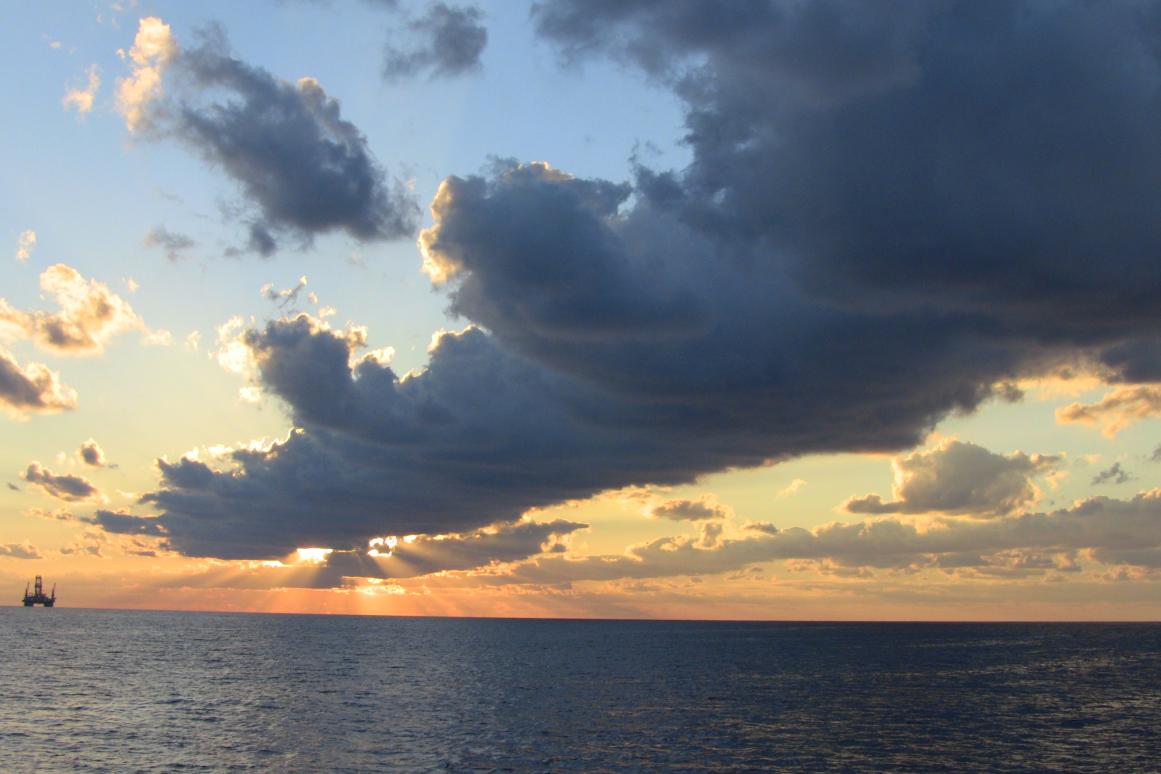HRI Researchers Study the Social Impacts of Oil and Gas Exploration

The oil and gas industry is the economic lifeblood of many Gulf of Mexico coastal communities. But while great strides have been made to understand the environmental impacts of energy production on our coast, the industry’s social impacts on the communities that support them is less clear.
The Harte Research Institute for Gulf of Mexico Studies at Texas A&M University-Corpus Christi is launching a new study that will develop a framework to assess these social impacts, including impacts to physical and mental health of workers and the community, unemployment and job security, tourism and food security. The project is being funded with a $250,000 grant from the National Academy of Sciences’ Gulf Research Program.
“The Gulf of Mexico is one of the most developed oil and gas production areas in the world. It has a big impact on these coastal communities, but we still don’t really understand that impact,” said Dr. Richard McLaughlin, principal investigator for the project and HRI’s Endowed Chair for Marine Policy and Law. “Because there’s going to be continued development of these resources, we have an imperative to better understand these communities’ needs and priorities.”
More than 18.5 million Americans live in proximity to oil and gas infrastructure that is becoming increasingly vulnerable to accidents or spills in the face of environmental change. In the wake of major disasters like hurricanes Katrina and Rita in 2005, Hurricane Ike in 2008, the Deepwater Horizon explosion and oil spill in 2010 and Hurricane Sandy in 2012, the federal government has increasingly realized the need to measure and understand social and community vulnerability, which is critical for implementing effective emergency preparedness, drafting smarter policy and creating communities that are better prepared for future disasters.
To capture a real snapshot of the range of impacts affecting communities, HRI researchers will team up with the Sea Grant’s Oil Spill Outreach Program to connect with stakeholders including community leaders, first responders, coastal decision makers and fishermen along the northern Gulf Coast, said HRI Assistant Research Scientist Dr. Victoria Ramenzoni. Ramenzoni is one of the co-principal investigators on the project with HRI Endowed Chair for Socio-Economics Dr. David Yoskowitz.
The team will first inventory existing oil and gas social impact assessment approaches; determine the extent to which they’re already being used by government agencies in the northern Gulf of Mexico; and work with local stakeholders to improve their understanding of the vulnerabilities and risks affecting oil and gas impacted communities. Finally, they plan to develop and pilot a social impact assessment framework, and will head out into a handful of coastal communities in Texas and Louisiana to survey residents about the ways oil and gas development impacts their quality of life.
Because many of these communities are reliant on the oil and gas industry for economic support, getting honest answers about how the industry impacts them, both positively and negatively, will require building relationships and trust. That’s why the HRI’s partnership with Sea Grant, an organization that is already actively working in the community, is so important.
“We’ve been very successful measuring environmental impacts, but we haven’t been as successful at working on the social side,” Ramenzoni said. “We want to go out into the community and hear from these leaders and coastal decision makers and learn about their needs. We want to know what information will make their jobs easier.”
